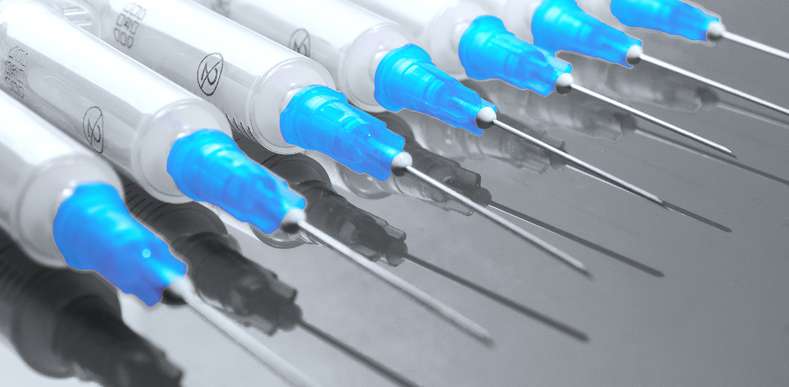Are Safe Injection Sites the Answer in Seattle?

Drug abuse is still accompanied by widespread stigma. Non-addicts express the sentiment, “Why can’t they just stop?” while local editorials share dismay about the widespread and growing level of addiction in the US.
Yet no one seems to have an answer to stem the rising tide of addiction while legislators throw money into the same old “Just Say No to Drugs” campaigns that did not even work in the ’80s.
Recently Seattle has come up with a startling and controversial idea that some studies are showing may actually work, namely, safe injection facilities supervised by nurses, where addicts can use drugs with clean needles and have access to medical care should they overdose.
This article takes an impartial look at the idea of safe injection sites proposed for Seattle. Why do some support these sites, while others express strong sentiment against them? While addicts can seek help in Washington State drug rehab, could these alternatives also help?
Study Sheds Light on New Type of Washington State Drug Rehab
A recent article in the American Journal of Preventive Medicine lays out the devastating statistics:
- More than half a million Americans have died from drug overdoses since 2000.
- In 2014, more than 750,000 Americans injected illegal drugs and legally prescribed opioids.
- Of the substance users that inject drugs, 2 percent are infected with HIV and 43 percent with hepatitis C due to dirty needles.
The study sought to determine the effectiveness of a supervised injection facility by reviewing three years of data from a secret and currently illegal clinic where addicts could safely use without risk of arrest. The article did not reveal the location of the site. Use of the facility is by invitation only.
There are currently ten countries operating 98 similar treatment facilities in 66 cities. The article cited studies of these facilities, as well as their research of the secret clinic operating in the US, as showing that these sites have been shown to:
- Reduce drug mortality rates.
- Decrease drug use and increase enrollment in drug treatment facilities.
- Reduce the spread of HIV and hepatitis.
- Aid in the proper disposal of syringes, thus reducing community exposure.
- Reduce violence in the neighborhoods surrounding the facility.
In addition to these positive health outcomes, the article cited research showing just one facility in one city could “net cost savings of $3.5 million (U.S.) per year.”

Supervised Injection Sites Part of Washington State Drug Rehab Community?
Last year Seattle assembled a task force to consider ways to reduce the high volume of drug overdoses in the city. One of the suggestions included opening a supervised injection site. Should Seattle open this type of facility, it would join the Washington State drug community as the only one of its kind in the country open to all substance users. The Atlantic covered the initiative, saying, “Pushback on safe-injection sites has been relentless.” Five area counties quickly banned opening the sites while city council members introduced a public ballot measure that would ban the facilities. Public-health advocates sued to block the measure and won.
While the Seattle site is certainly a lightning rod for the controversy surrounding addiction, it remains to be seen which side will win the battle.
Whether Seattle does or does not open safe injection sites, Washington State residents who are struggling with substance use disorder can find help to fight their addiction now. To learn more about admissions in Washington State drug rehab, contact us today.




